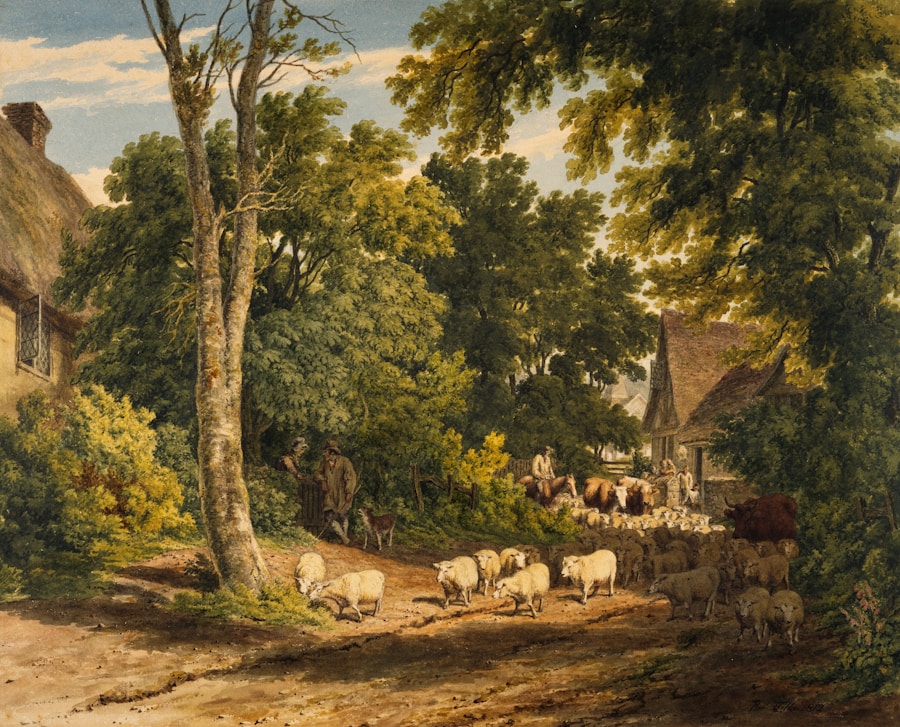ESCAPING THE NARCISSIST
Are you trapped in a toxic relationship? It's time to reclaim your life and find healing. ESCAPING THE NARCISSIST: HOW TO HEAL AND RECOVER FROM NARCISSISTIC ABUSE IN RELATIONSHIPS is your guide to breaking free and starting your journey towards recovery.
Don't let the pain control you any longer. Take the first step today and discover the strategies to overcome emotional abuse and rebuild your life. You deserve happiness and peace.
Start Your Healing Journey TodayNarcissism is a complex and multifaceted personality trait that has been the subject of much research and debate in the field of psychology. The term “narcissism” is derived from the Greek myth of Narcissus, a handsome young man who fell in love with his own reflection in a pool of water. In modern psychology, narcissism is characterized by an excessive sense of self-importance, a lack of empathy for others, and a constant need for admiration and validation. While some level of narcissism is considered normal and even healthy, extreme narcissism can have detrimental effects on both the individual and those around them.
Grandiose Narcissism: Characteristics and Behaviors
Grandiose narcissism is perhaps the most well-known and recognizable form of narcissism. Individuals with grandiose narcissism exhibit an inflated sense of self-importance, a constant need for admiration, and a lack of empathy for others. They often believe that they are superior to others and deserve special treatment and recognition. They may also engage in manipulative and exploitative behaviors in order to maintain their sense of superiority. Grandiose narcissists are often charming and charismatic, but their relationships are typically superficial and transactional, as they are primarily focused on getting their own needs met.
On the surface, grandiose narcissists may appear confident and self-assured, but underneath their facade lies a fragile sense of self-worth that is easily threatened by criticism or rejection. They may become aggressive or defensive when their sense of superiority is challenged, and they are often quick to blame others for their own shortcomings. Despite their outward confidence, grandiose narcissists are often plagued by feelings of emptiness and inadequacy, leading them to constantly seek validation and admiration from others. This can lead to a cycle of seeking out new sources of validation, only to become disillusioned when they fail to live up to the grandiose image they have created for themselves.
Vulnerable Narcissism: Traits and Patterns
Vulnerable narcissism, also known as covert or fragile narcissism, is a less overt but equally damaging form of narcissism. Individuals with vulnerable narcissism often appear shy, insecure, and self-effacing on the surface, but underneath their outward humility lies a deep sense of entitlement and a constant need for validation. Unlike grandiose narcissists, who are often aggressive and domineering, vulnerable narcissists tend to be more passive-aggressive and manipulative in their behaviors. They may use guilt, pity, or self-pity to elicit sympathy and attention from others, while also harboring feelings of resentment and envy towards those they perceive as more successful or fortunate.
Vulnerable narcissists often struggle with feelings of inadequacy and worthlessness, leading them to seek out constant reassurance and validation from others. They may also engage in self-sabotaging behaviors in order to elicit sympathy or attention from others, such as playing the victim or exaggerating their own suffering. Despite their outward appearance of humility, vulnerable narcissists are often highly sensitive to criticism and rejection, and may become defensive or hostile when their fragile self-image is threatened. This can lead to a pattern of dysfunctional relationships, as vulnerable narcissists struggle to maintain their sense of superiority while also seeking out the validation and attention they so desperately crave.
Understanding the 4 Types of Narcissism
In addition to grandiose and vulnerable narcissism, there are two other subtypes of narcissism that have been identified in the research literature: communal narcissism and agentic narcissism. Communal narcissism is characterized by an excessive focus on being seen as caring, nurturing, and self-sacrificing, while agentic narcissism is characterized by an excessive focus on being seen as competent, accomplished, and successful. Both communal and agentic narcissism share many of the same core traits as grandiose and vulnerable narcissism, but they manifest in different ways and have unique patterns of behavior.
Communal narcissists are often driven by a need to be seen as selfless and altruistic, and may go to great lengths to maintain this image in the eyes of others. They may engage in acts of charity or volunteer work in order to garner praise and admiration from others, while also harboring feelings of superiority towards those they perceive as less caring or compassionate. Agentic narcissists, on the other hand, are driven by a need to be seen as competent and accomplished, and may go to great lengths to maintain this image in the eyes of others. They may engage in competitive or achievement-oriented behaviors in order to garner praise and recognition from others, while also harboring feelings of superiority towards those they perceive as less successful or accomplished.
Communal Narcissism: Exploring its Unique Traits
Communal narcissism is a subtype of narcissism that is characterized by an excessive focus on being seen as caring, nurturing, and self-sacrificing. Individuals with communal narcissism often go to great lengths to maintain an image of selflessness and altruism in the eyes of others, while also harboring feelings of superiority towards those they perceive as less caring or compassionate. Communal narcissists may engage in acts of charity or volunteer work in order to garner praise and admiration from others, while also seeking out opportunities to be seen as the “hero” or savior in their relationships and social circles.
Despite their outward appearance of selflessness, communal narcissists are often driven by a deep-seated need for validation and admiration from others. They may become resentful or hostile when their acts of kindness are not met with the praise or recognition they feel they deserve, leading to a pattern of dysfunctional relationships characterized by manipulation and emotional manipulation. Communal narcissists may also struggle with feelings of inadequacy and worthlessness, leading them to seek out constant reassurance and validation from others in order to maintain their fragile self-image.
Agentic Narcissism: Identifying its Distinctive Characteristics
Agentic narcissism is a subtype of narcissism that is characterized by an excessive focus on being seen as competent, accomplished, and successful. Individuals with agentic narcissism often go to great lengths to maintain an image of competence and achievement in the eyes of others, while also harboring feelings of superiority towards those they perceive as less successful or accomplished. Agentic narcissists may engage in competitive or achievement-oriented behaviors in order to garner praise and recognition from others, while also seeking out opportunities to be seen as the “winner” or top performer in their relationships and social circles.
Despite their outward appearance of confidence and success, agentic narcissists are often driven by a deep-seated need for validation and admiration from others. They may become resentful or hostile when their accomplishments are not met with the praise or recognition they feel they deserve, leading to a pattern of dysfunctional relationships characterized by manipulation and emotional manipulation. Agentic narcissists may also struggle with feelings of inadequacy and worthlessness, leading them to seek out constant reassurance and validation from others in order to maintain their fragile self-image.
The Importance of Recognizing and Understanding Narcissism
In conclusion, recognizing and understanding the different subtypes of narcissism is crucial for both individuals who may be struggling with these traits themselves, as well as for those who may be in relationships with individuals who exhibit these traits. By understanding the unique characteristics and patterns associated with grandiose, vulnerable, communal, and agentic narcissism, individuals can better navigate their relationships and interactions with those who exhibit these traits. It is important to remember that individuals with narcissistic traits are often driven by deep-seated insecurities and a fragile sense of self-worth, which can lead to dysfunctional patterns of behavior that can be damaging to both themselves and those around them.
Furthermore, recognizing the different subtypes of narcissism can also help individuals seek out appropriate treatment and support if they recognize these traits within themselves. Therapy and counseling can be effective tools for individuals struggling with narcissistic traits to gain insight into their behaviors and develop healthier patterns of relating to themselves and others. By fostering greater awareness and understanding of narcissism, we can work towards creating healthier and more fulfilling relationships and communities for all individuals involved.


